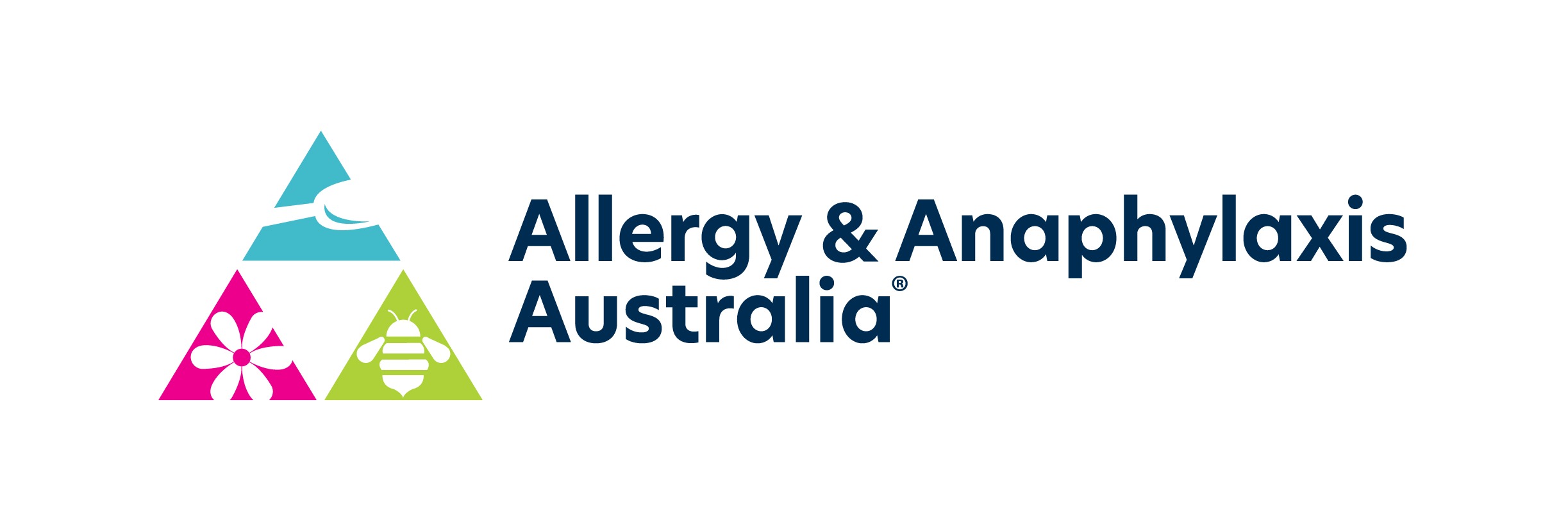Case Management that Remembers Every Story
Challenge
Australians with allergic diseases, including 700,000 diagnosed with food allergies, rely on A&AA for support through a helpline and educational resources. With their small team of eight staff (only one full-time), A&AA handles over 1,000 complex helpline queries monthly. These cases often involve multiple follow-ups, such as reporting food safety incidents, and require coordination with external authorities. Without a proper case management system, health educators struggled to track cases efficiently, leaving clients to repeat their stories and consuming valuable time on administrative tasks. Additionally, the growing need for detailed impact reporting, along with advocacy requirements for sharing meaningful client stories, made their outdated system of spreadsheets and paper files inadequate.
Solution
AlphaSys implemented Salesforce Service Cloud to revolutionize A&AA’s operations. The platform streamlined case management by allowing health educators to track call histories, link resources, and manage follow-ups seamlessly. AlphaSys identified additional opportunities, such as a searchable database for training materials and resources, enabling more proactive updates and planning. Using an AgilePM approach, AlphaSys prioritized high-value features and integrated team feedback during development, ensuring the solution met A&AA’s unique needs. Comprehensive user guides, training sessions, and Salesforce’s online Trails prepared the team to use the platform effectively from day one.
Outcome
Other vendors either couldn’t have engaged with such a small organisation, or were only offering a ‘DIY’ approach. AlphaSys and Salesforce were able to match the complexity of our requirements within our small organisation. They started from scratch and really listened. Most of our team aren’t particularly technically savvy, but we know our jobs and can describe what we are doing. Our AlphaSys consultant was able to translate that into requirements and personas – we talked about our pain points and processes and we could trust that they’d heard us.
– Karen Wong, Operations Manager
The new system significantly improved A&AA’s operational efficiency. Health educators now spend less time on manual tasks, providing a smoother experience for clients. The platform supports high-quality data analysis, enabling detailed impact reporting and advocacy efforts. Features like the resource database have also empowered the team to plan and deliver educational materials more effectively. Despite initial challenges, the collaboration between AlphaSys and A&AA delivered a solution the team now “loves” to use, positioning the organization for future growth and continued support for Australians managing allergic diseases.

